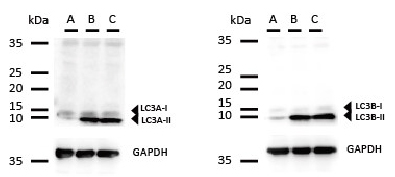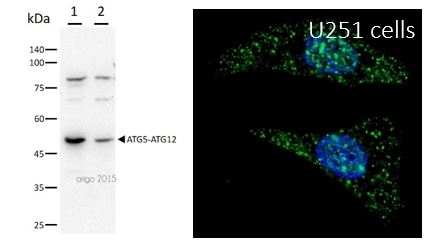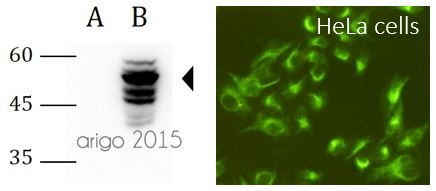Freeze! Scientists found a way to stop tumor migration
Freeze! Scientists found a way to stop tumor migration
|
Metastasis accounts for 90% of cancer mortality. Tumor cells first derive from a localized organ and multiply at an exponential rate. When they become so populated that they ran out of oxygen and nutrient supply, tumor cells started breaking away from the original site and migrate to a less crowded environment to escape starvation. Autophagy is a highly conserved process that plays a housekeeping role in breaking down protein aggregates and organelles in order to maintain cellular homeostasis. In a normal circumstance, autophagy also helps disassembling focal adhesion molecules such as Paxillin or SRC when cell migration occurs. A group of scientists from University of Chicago started wondering: Would inhibiting autophagy stop cancer metastasis? Using genetic and chemical means, Professor MacLeod and colleagues showed that tumor cells stop moving and migrating once autophagy-related genes such as Atg5 and Atg7 are knocked-down. They injected these gene-altered cancer cells into mammary fat pad of female mice. The cells continue to multiply, forming large primary breast cancers, but were unable to metastasize to the usual distant sites such as lung, liver or bone. To look further into the molecular mechanism, they demonstrated that SRC-regulated Paxillin-LC3 interaction is responsible for focal adhesion turnover, tumor cell motility and metastasis. This research highlights a new possibility in inhibiting autophagy to block the spread of tumor. Fight cancer with arigo’s superior antibodies for the study of autophagy and tumor metastasis! |
| LC3A and LC3B Antibody Duo (ARG30273) |
||
|
A: HeLa – Chloroquine |
||
| ATG5 Antibody (ARG54822) |
||
|
1: MCF-7; 2: SW480 |
||
| Vimentin Antibody (ARG55540) |
||
|
A: MCF-7 (breast cancer) (negative control) |
||
Reference:



